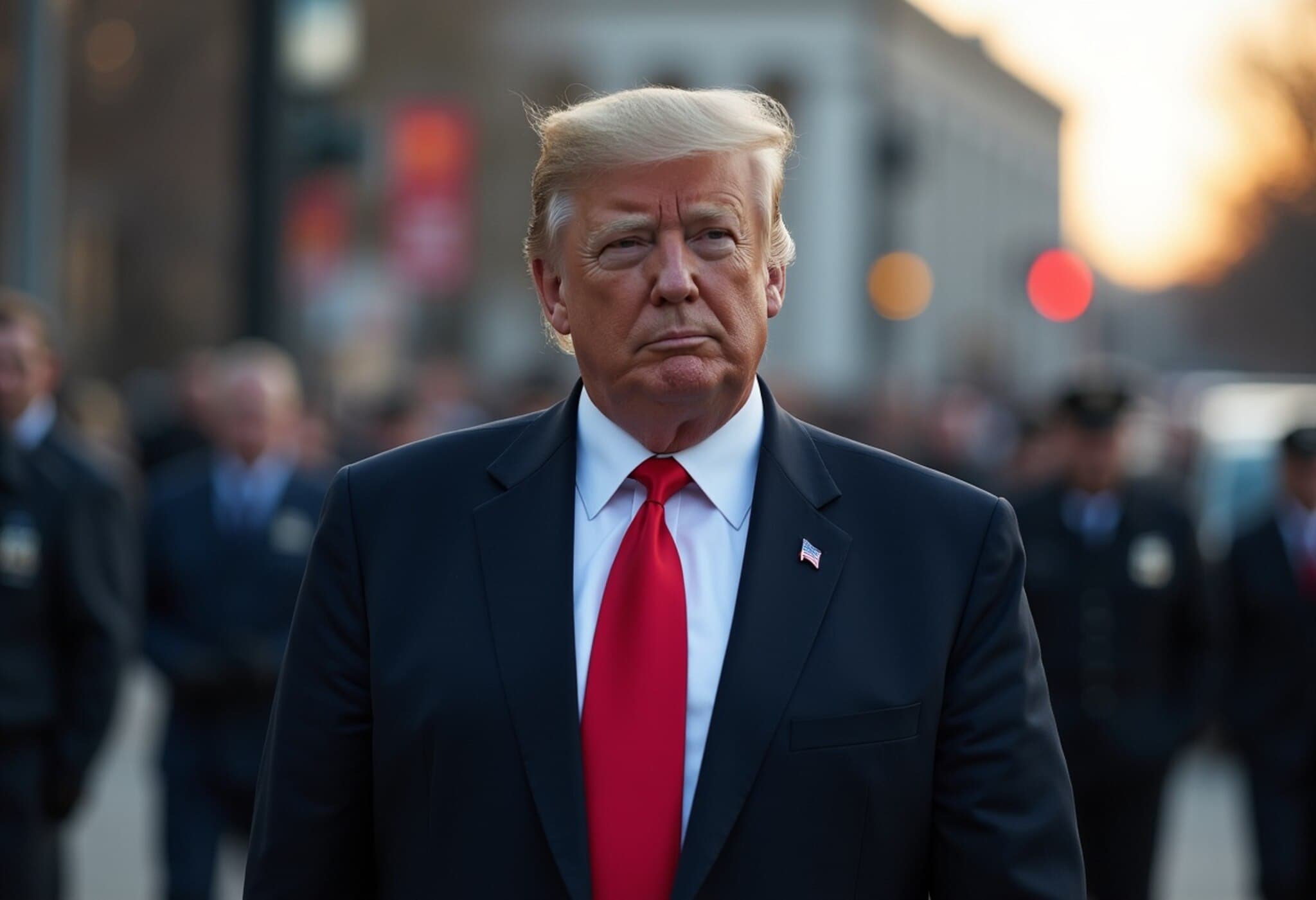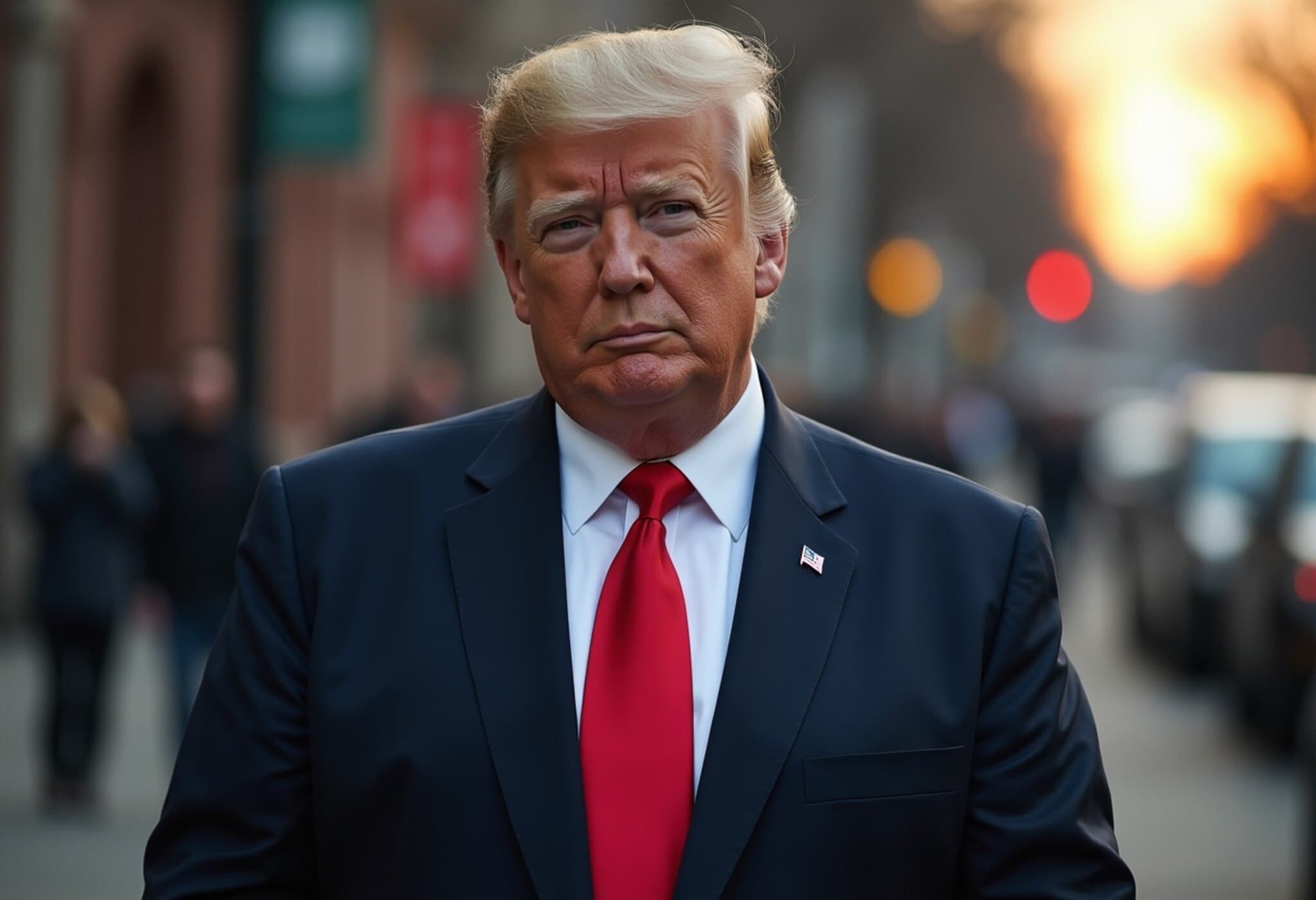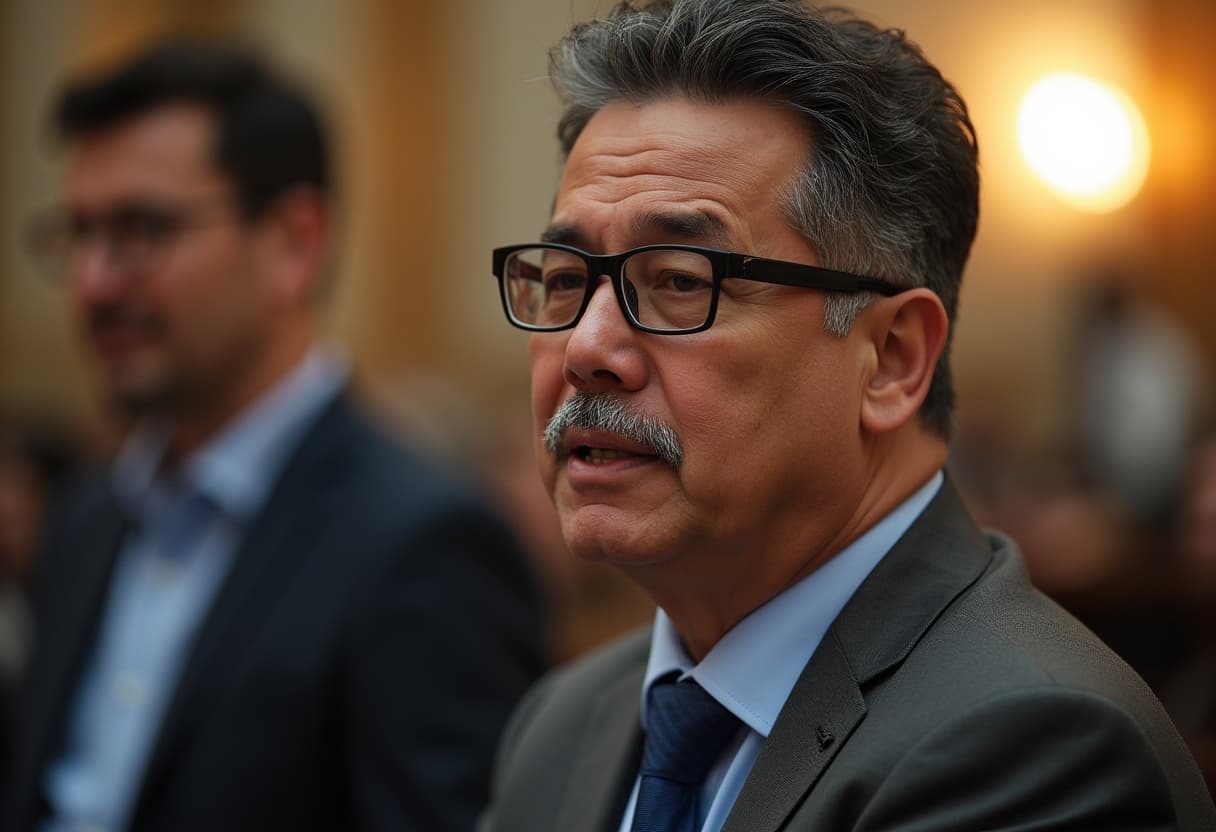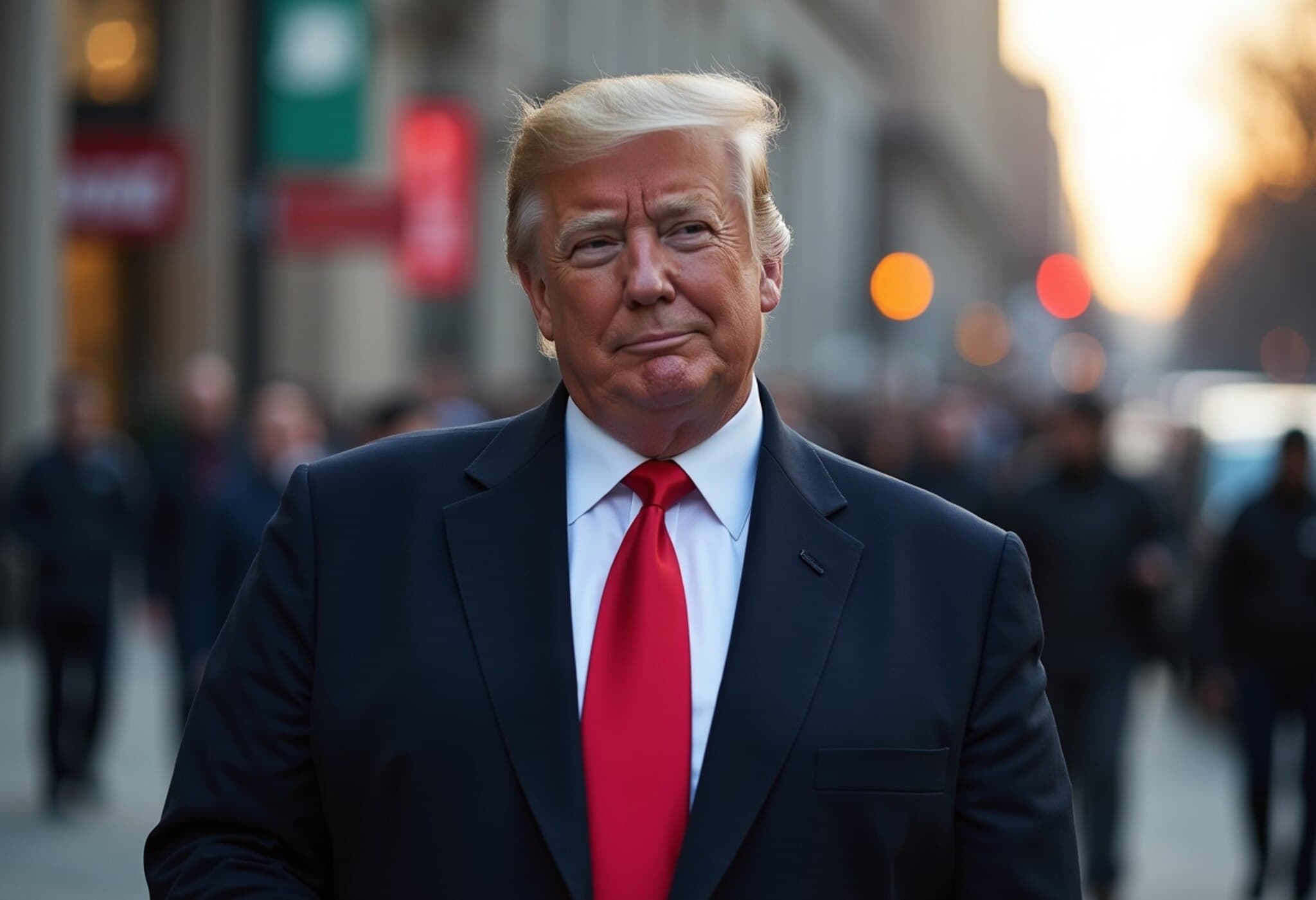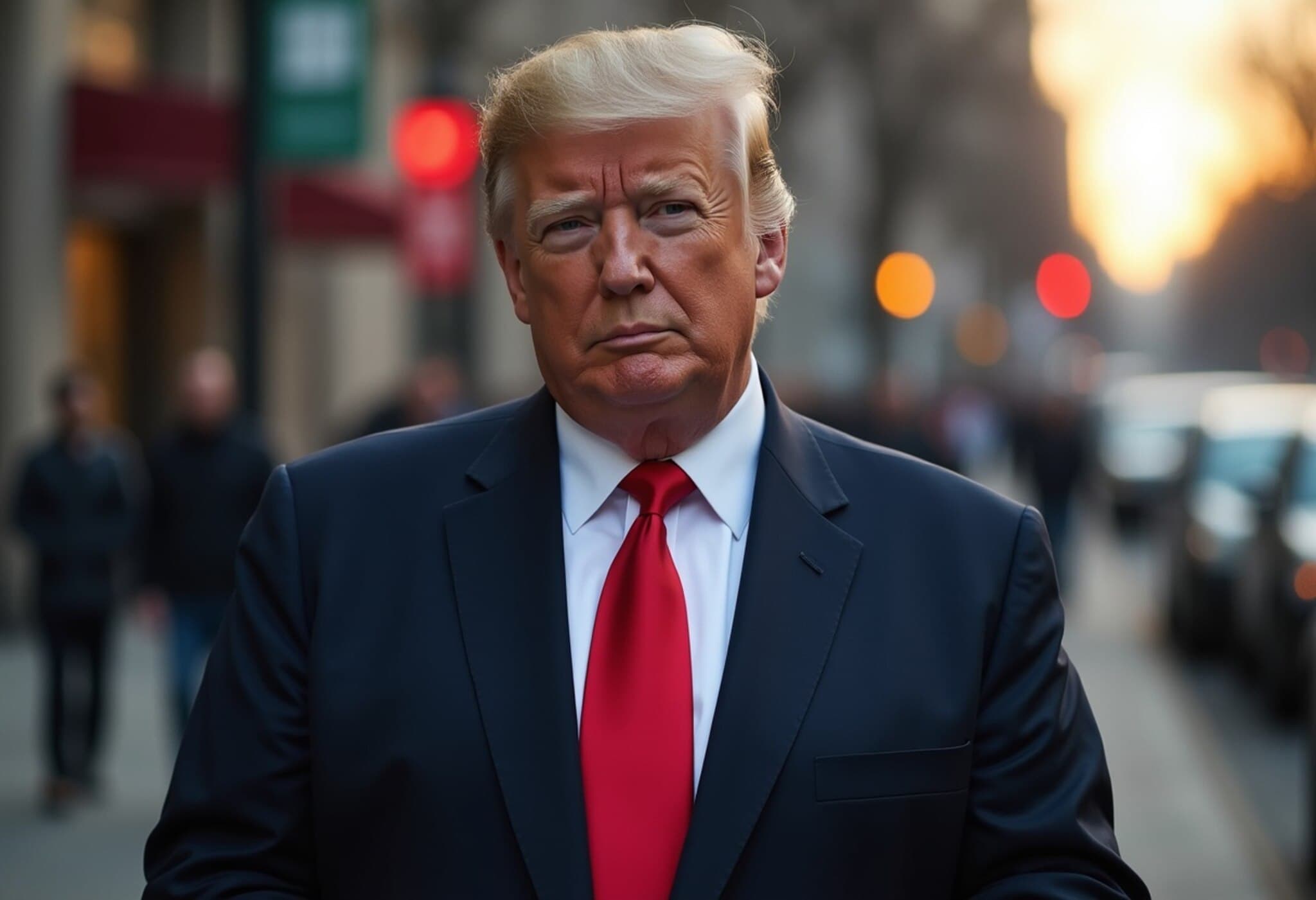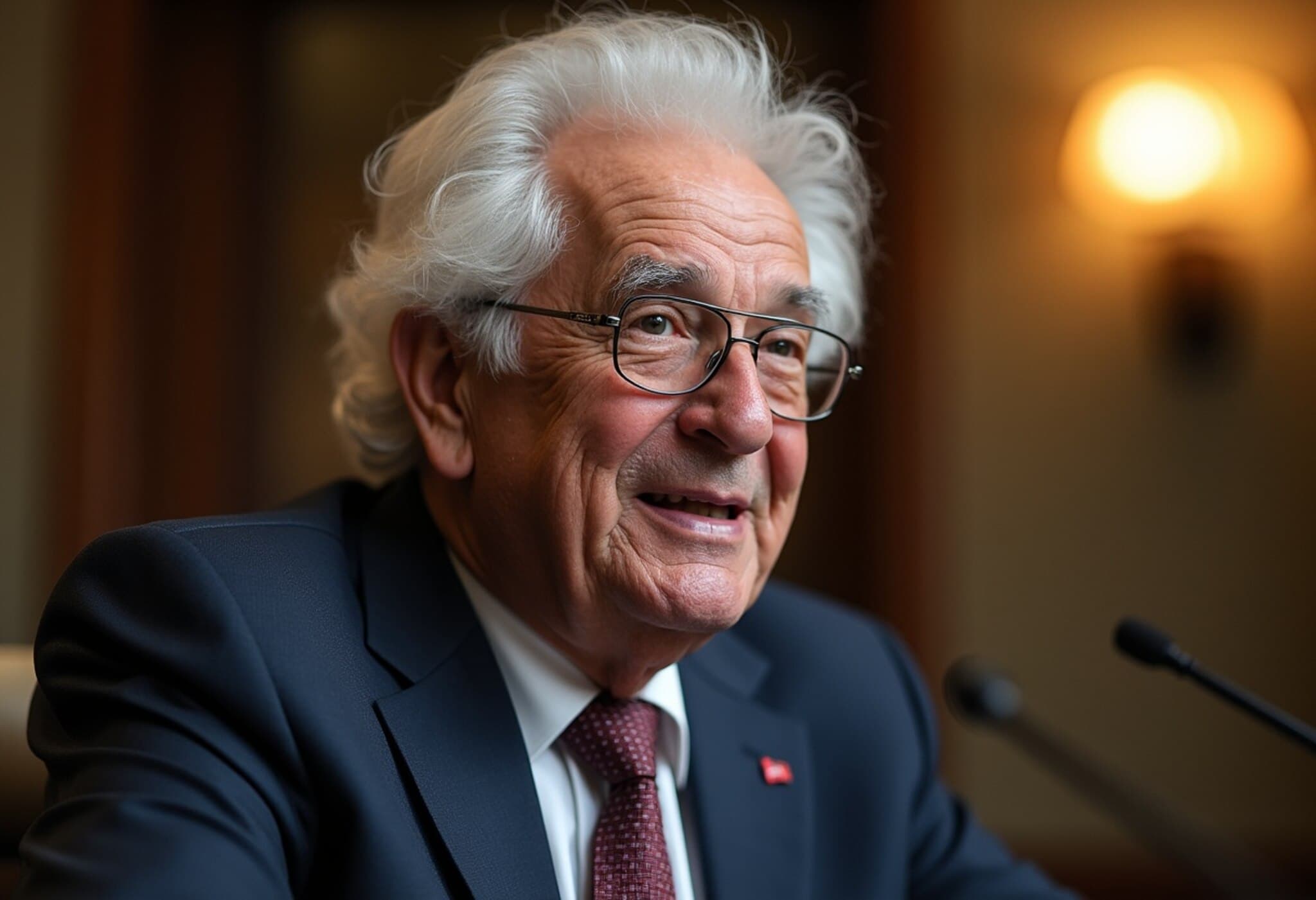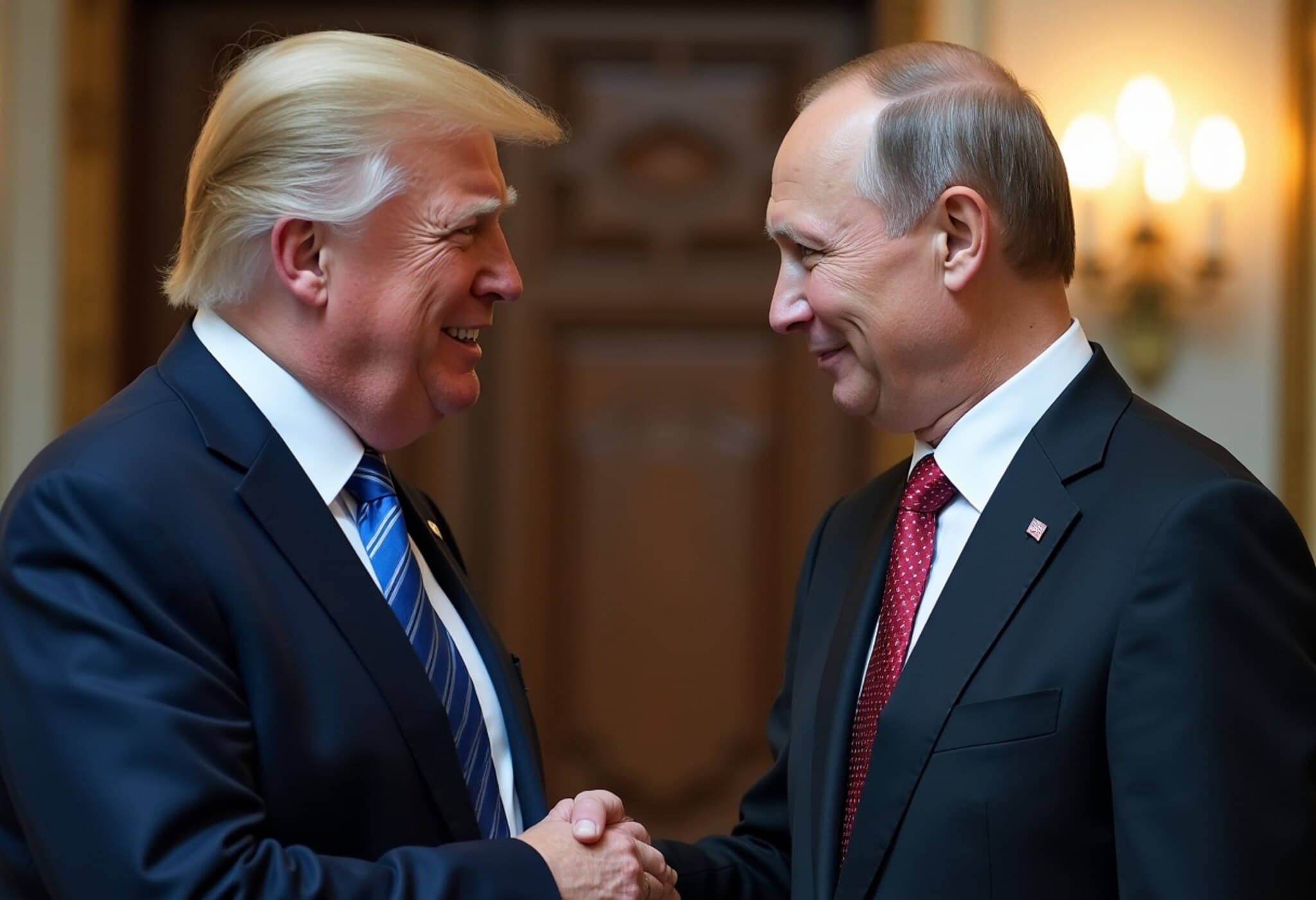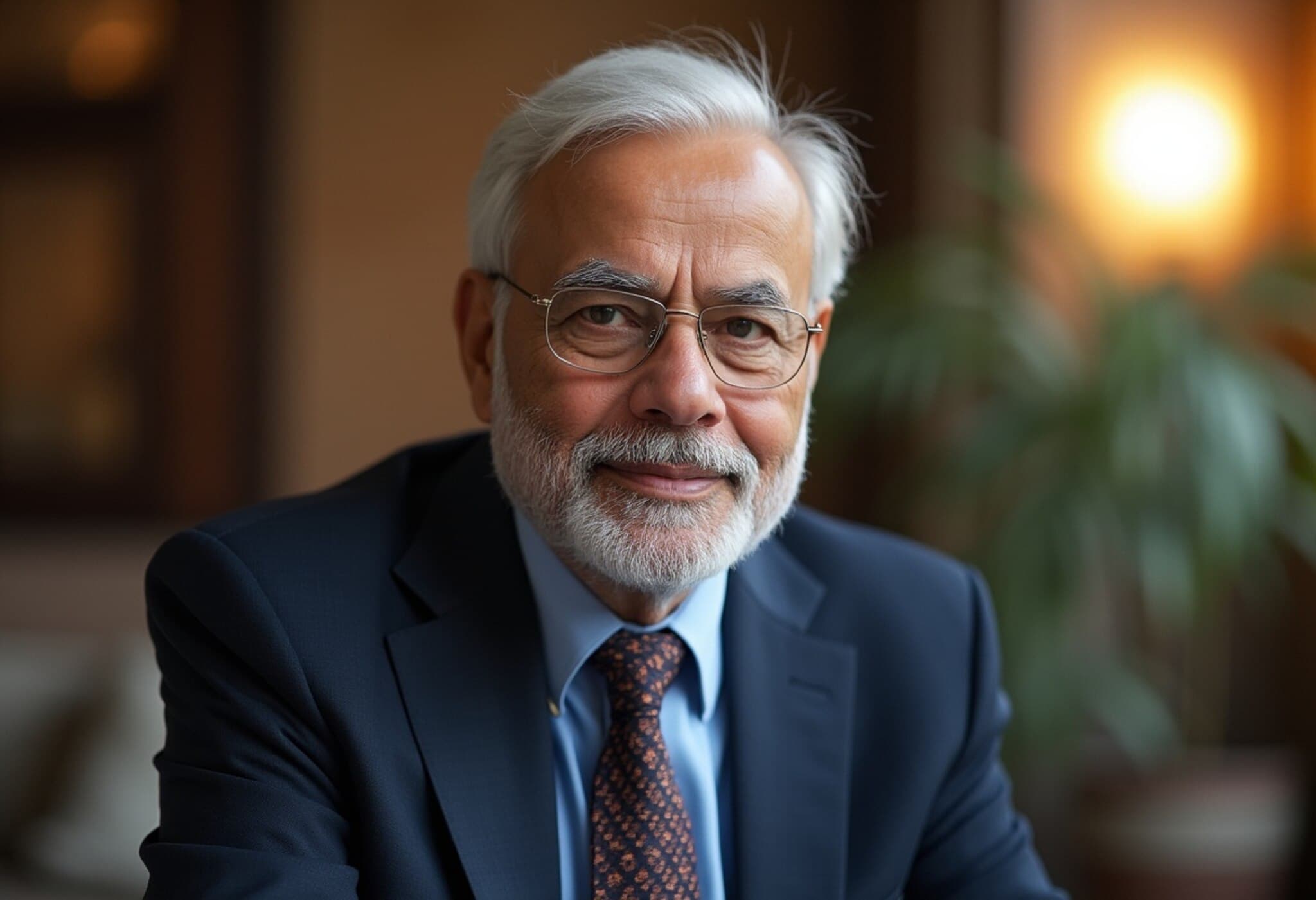Trump Takes Command of Washington DC Police Citing Crime Surge
On August 12, 2025, President Donald Trump announced a controversial move to seize direct control over the Washington DC Metropolitan Police Department, framing the decision as a response to a mounting crime crisis in the nation's capital. In an unprecedented step, he deployed 800 National Guard troops and summoned an additional 500 federal law enforcement agents—including FBI and ATF personnel—to bolster security on DC streets.
Contrasting Reality: Crime Trends in Washington DC
Despite President Trump’s claims of a burgeoning crime wave, official crime statistics suggest the opposite. Data analyzed by The New York Times reveal a significant 35% decrease in crime rates since 2023. The disconnect between the administration's narrative and on-the-ground data raises critical questions about the motivations behind this policing takeover.
Is There a Genuine Crime Emergency?
- Federal Crime Tactics: The infusion of federal agents into local policing often sparks debate around jurisdiction and civil liberties.
- Crime Statistics: Recent figures contradict the administration's urgency, complicating claims of a public safety crisis.
- Political Implications: The timing, amid an election cycle, invites scrutiny regarding the use of law enforcement for political gains.
Jan 6: The Shadow Over Trump’s Crime Credentials
Ironically, while President Trump positions himself as a law-and-order champion for DC, many critics underscore his role as the central figure behind the January 6, 2021 Capitol insurrection—arguably the most severe breach of law and order in the city’s modern era. His persistent baseless claims about election fraud and incendiary rhetoric culminated in thousands storming the Capitol, violently interrupting the certification of President Joe Biden’s electoral victory.
The Human Toll of Jan 6
The insurrection led to tragic outcomes, including the deaths of three individuals during the violence and sparked injuries among over 150 law enforcement officers. This dark episode left scars still felt in national discourse and law enforcement policies.
Legal Aftermath and Pardons
Trump’s tenure following these events saw him issuing pardons to nearly 1,600 individuals charged in connection to the Capitol attack, including notorious far-right militia leaders. This decision remains a focal point in debates about justice and accountability.
Legal Challenges: Trump’s Felony Convictions
Adding complexity to the narrative of crime and justice, President Trump himself stands uniquely as the only sitting U.S. president with felony convictions. In a high-profile hush money case involving illegal payments related to adult film star Stormy Daniels, Trump was convicted on 34 felony counts. Though jail time was suspended due to his presidential status, his convictions remain on record, raising profound questions about leadership and rule of law in the nation’s capital.
Expert Insights: A Law Enforcement Takeover Fraught with Contradictions
Legal analysts express concern over the constitutional implications of federal overreach into local policing. Scholars also warn of the risks in framing politically motivated narratives as justification for extraordinary law enforcement measures, which could undermine community trust and democratic norms.
From an economic perspective, the deployment of hundreds of additional personnel will incur significant costs borne by taxpayers, prioritizing security in DC while other districts face their challenges.
Looking Ahead: The Stakes for Washington DC and America
President Trump’s move to control DC policing amid contested crime claims and his lingering shadow from Jan 6 paints a complex portrait of power, legitimacy, and justice. As the city grapples with these developments, the broader American public watches closely, weighing the balance between public safety and civil liberties in a tense political climate.
Editor’s Note
While the administration asserts crime is out of control in Washington DC, data tells a different story. The juxtaposition of Trump’s law enforcement actions with his own criminal convictions and his role in one of the city’s darkest days invites us to reflect on the nature of leadership and accountability. Citizens and policymakers alike must consider whether increased policing tactics genuinely serve public safety or mask deeper political motives. Ultimately, the question remains: how do we uphold the rule of law impartially in a polarized nation?

